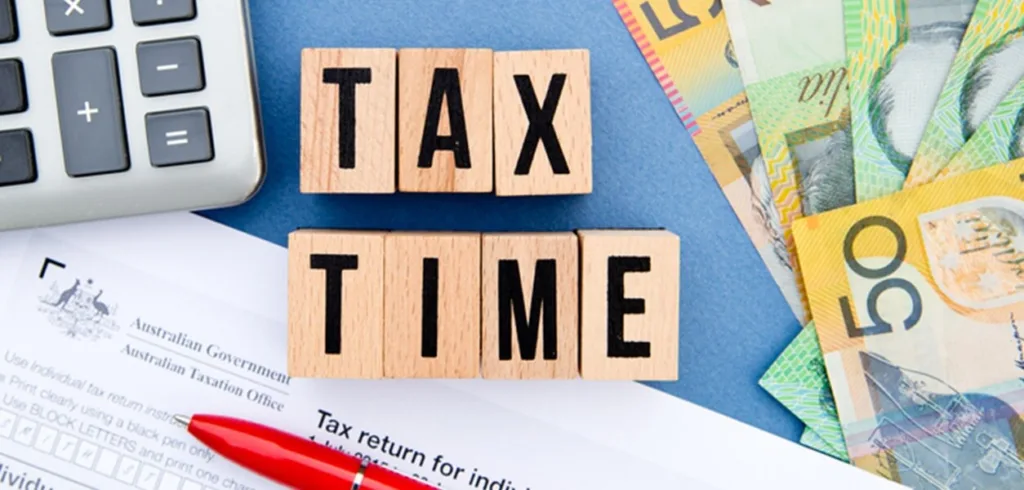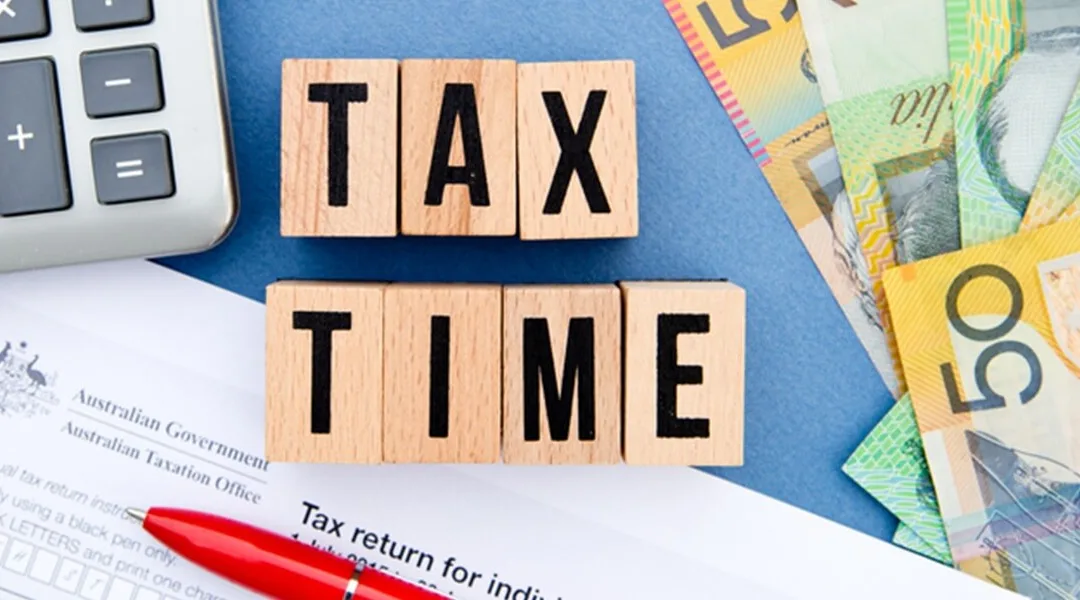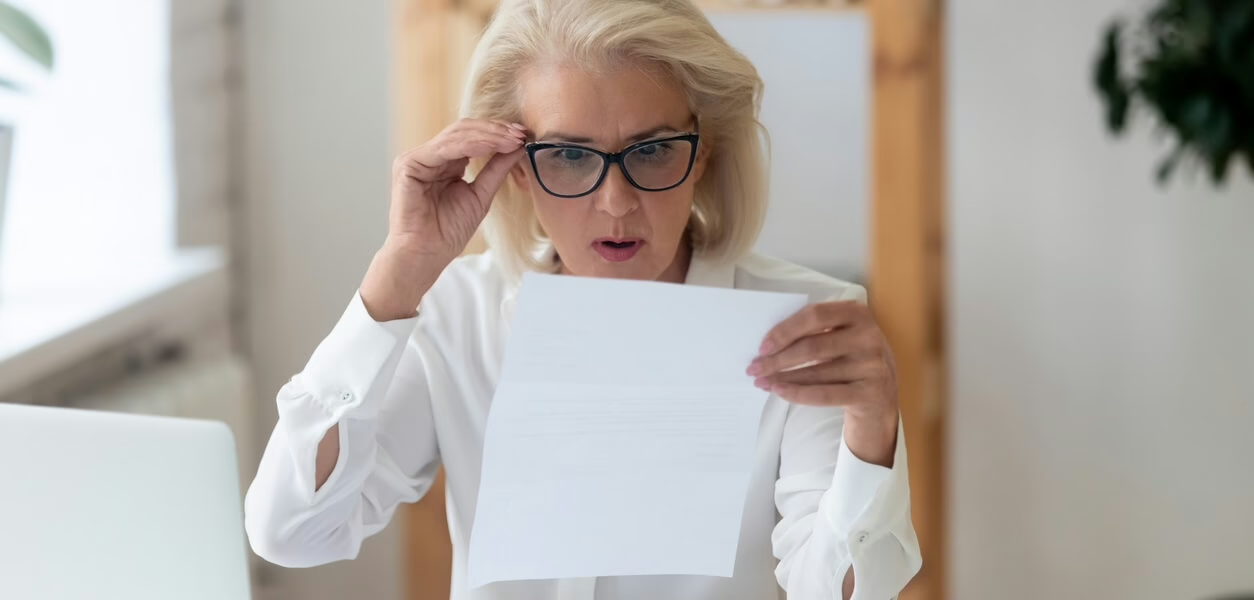
With the approach of the end of the financial year (EOFY) there’s a lot going on. Many retirees are watching and waiting to learn of any 1 July changes to deeming rates which have been frozen since July 2022. It’s anybody’s guess what will happen next, but higher deeming rates could mean the loss of Age Pension entitlements for those who have only just qualified with little margin to move on means testing.
One aspect of the EOFY that is often overlooked is tax rates on super. That’s because there is a common misconception that most retirees simply don’t pay tax. That’s not correct; many do. And how this form of tax is paid is really interesting. Read on to learn more about the ways that you are being taxed and if there is an easier way of reducing this impost.
Tax on super depends upon many variables. There are the two major ones – whether your fund is in accumulation (saving) or decumulation (spending) mode. But there are other factors at play, including your contributions, your investments and the way that you withdraw your savings.
Still working and saving?
Assuming you are working, the Super Guarantee of 11% (11.5% from 1 July) must be paid by your employer into your nominated super fund. This amount is taxed at 15%. Also taxed at 15% are any salary-sacrifice (concessional) contributions that you make. There are exceptions for those who earn below $37,000 per year and those who have a high level of contributions (if over $250,000, then an extra 15%). No contributions tax is payable, however, if you make after-tax contributions (called non-concessional).
Further detail is available from the Australian Tax Office (ATO)
Earnings on super
All earnings on the money held in your super account are taxed at 15% as long as it remains in the savings (accumulation) phase.
What happens when you start to withdraw your super?
Super can be taxed differently depending upon whether it is withdrawn as a lump sum or in an income stream. If you are over 60 and you have met a condition of release you can withdraw your money in a lump sum and you will not be taxed. The exception to the rule is if your super fund is not taxed (e.g. it may be a public sector defined benefit fund). Those aged under 60 who withdraw lump sums are usually taxed, but as with many other aspects of super, there can be exceptions to this rule as well.
If you are over 60 and decide to move your super savings into spending mode, using a retirement income stream (typically an Account-Based Pension), there is, generally speaking, no tax on this money as long as the transfer is within the Transfer Balance Caps.
Super death benefits
If someone dies then their super is usually paid to a nominated beneficiary. This is called a super death benefit. The amount of tax will vary, depending upon the beneficiary’s status as a dependent, the way in which they take the benefit and the tax-free and taxable components of the benefit.
Withdrawing Super
Many Australian retirees choose to withdraw super in more than one way. They often withdraw a lump sum at the beginning of retirement and use this for ‘big’ transactions, maybe paying down a mortgage, travelling, renovations or gifting. And they often start a retirement income stream, withdrawing regular ‘wages’ from their remaining super. In many cases this forms a top-up for Age Pension entitlements.
Interestingly, despite the tax free status of earnings in super fund accounts in the spending phase, it is estimated that about 2.25 million super accounts continue to pay tax on earnings when they don’t need to. This is because those accounts remain in the accumulation phase, even though people who hold these accounts are aged 60 or over. Changing a super account from saving to spending mode is a decision which requires a clear understanding of your own personal circumstances and all possible ramifications of making this change. It’s rarely wise to change anything on the basis of tax treatment alone. That said, for many retirees the move to decumulation does mean significant tax savings. Our advisers can help you work through this in an Understanding Superannuation consultation.
There are various opinions as to why so many retirees could be inadvertently paying too much tax. Some commentators believe it is due to financial illiteracy; that super account holders simply don’t know they are doing this.
But another insight could be closer to the truth. And that is because some retirees actually don’t see this tax going out of their accounts. That’s because (excluding SMSFs) individual super account holders do not pay tax – their fund does. So they may be blissfully unaware that they could be paying unnecessary tax. Is such ignorance bliss? Probably not in this case!
If you would like to have a better understanding of how your own super savings are being taxed, an ‘Understanding more about your super’ consultation with a trusted adviser will help you answer your most pressing questions.
What’s your situation?
Are you comfortable with the level of tax you are paying on your super? Or is there a better way?
This article is provided by Retirement Essentials Representative Number: 001260855. We are an authorised representative of SuperEd Pty Ltd ABN 88 118 480 907 AFSL #468859. This information is not intended as financial product advice, legal advice or taxation advice. It does not take into account your personal situation, goals or needs and you should assess your own financial situation, consider if the information is suitable for you and ensure you read the relevant Product Disclosure Statement (PDS) if you choose to make any changes to your financial situation. It is always advisable to consult a financial adviser before making financial decisions.






Is it not better to leave un needed super in accumulation phase than put it in income phase. By taking the money in income phase where do you invest the excess money. Can you better what it will earn in accumulation phase. Over a few years I grew my super in accumulation phase instead of withdrawing some in income phase. Interested to know your thoughts.
Hi Michael, there are definitely pros and cons for both options and the same solution will not be right for everyone. For the same investment option inside an accumulation account you will get higher returns on your investment in an account in income phase (for retirees) because you are not paying tax on earnings. However, you are also right that you do not need to take money from accumulation so the funds can be allowed to compound. Sometimes the right solution could be some funds across both. If you want some guidance in understanding how this might work for you, I would recommend booking a Strategy Consultation so we can work through your individual situation in detail. All the best, Nicole.
Sold my house, how much can I pay into to my super account without being taxed!
Hi Bob, it’s Sharon here, it’s great that you are considering contributing some funds into your super. The answer is, it depends, potentially all of it can be tax free. There are different types of contributions and restrictions to each, and we can help you work through these to understand your options and consequences. I’d be happy to help you if you would like to book a Strategy Consultation with me here
Really interesting information, Thank you
i am 63 and have just retired due to ill heath and diabeatese.
i have some super and i would to use it to build a house.
can i use it.do i have to pay tax on my withdrawl.
patrick
Patrick once you have passed preservation age (which is now 60) and are no longer working you can withdraw your super tax free.